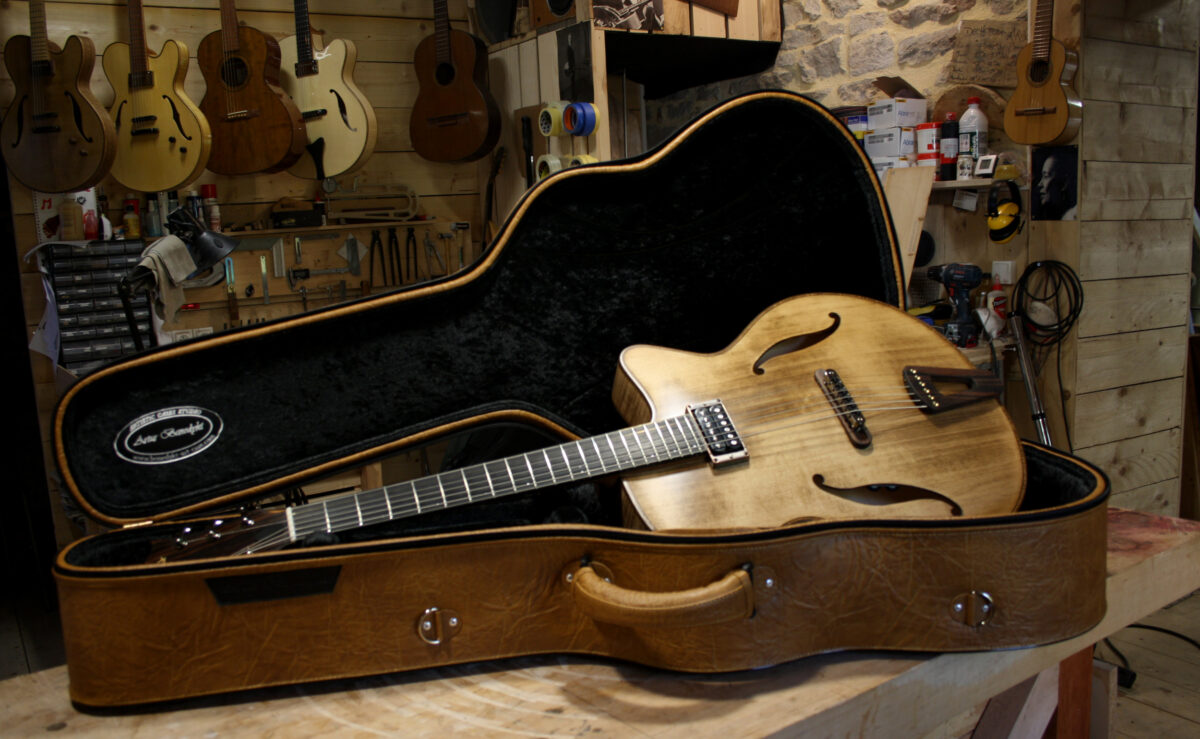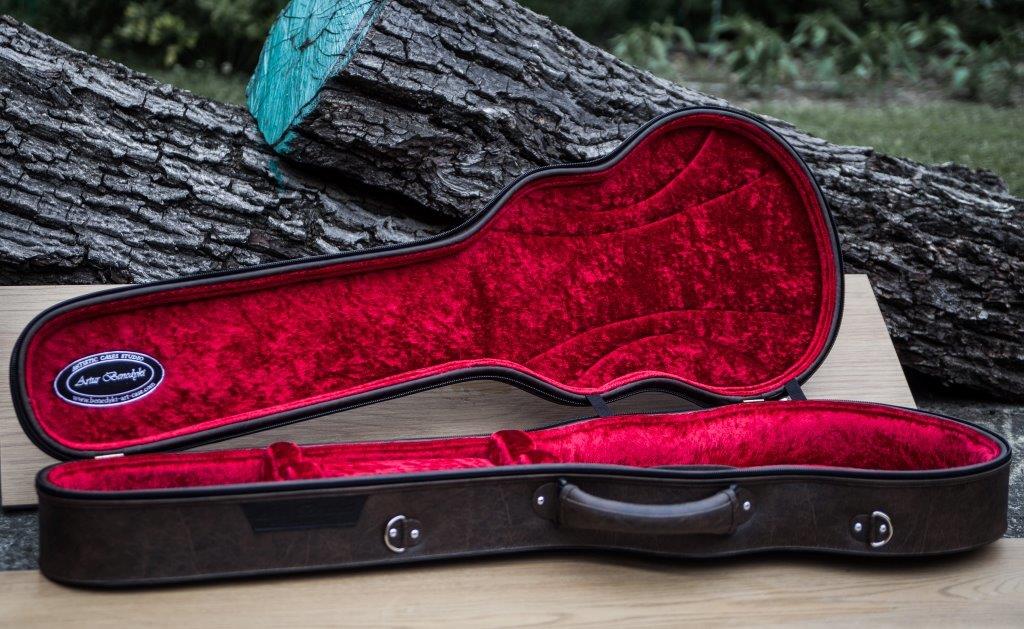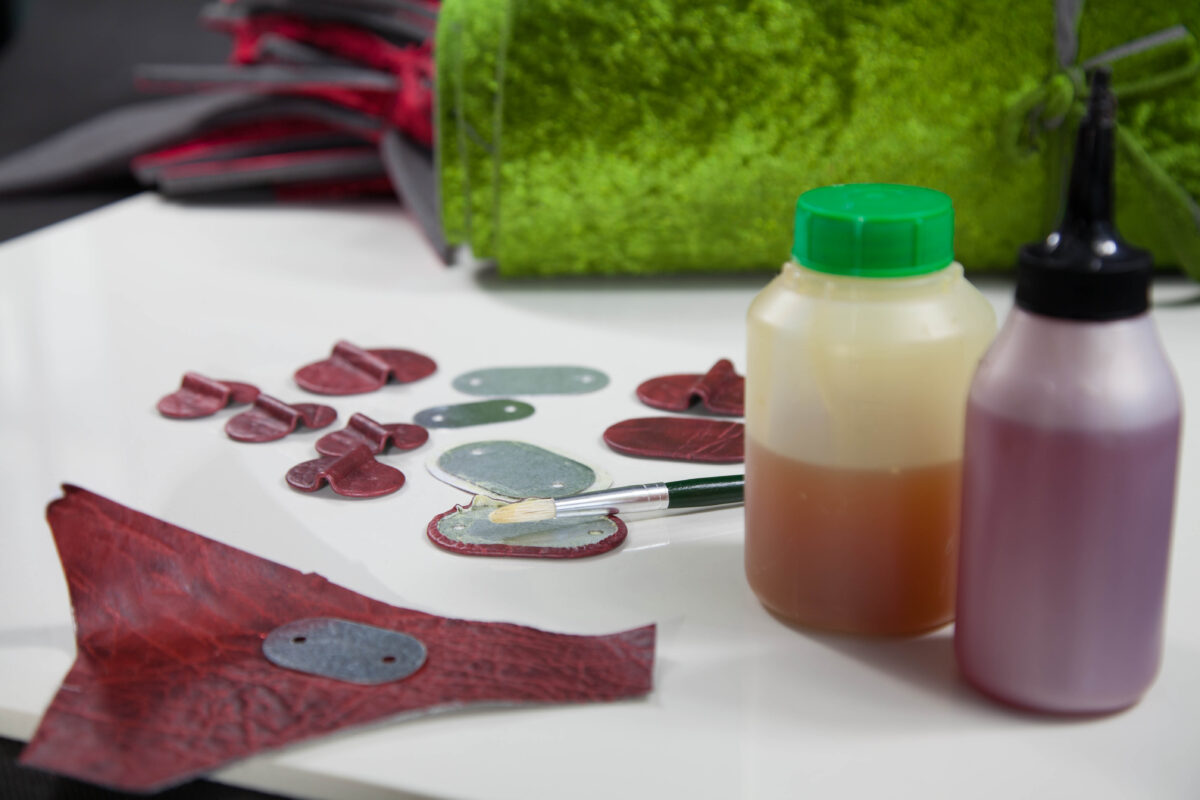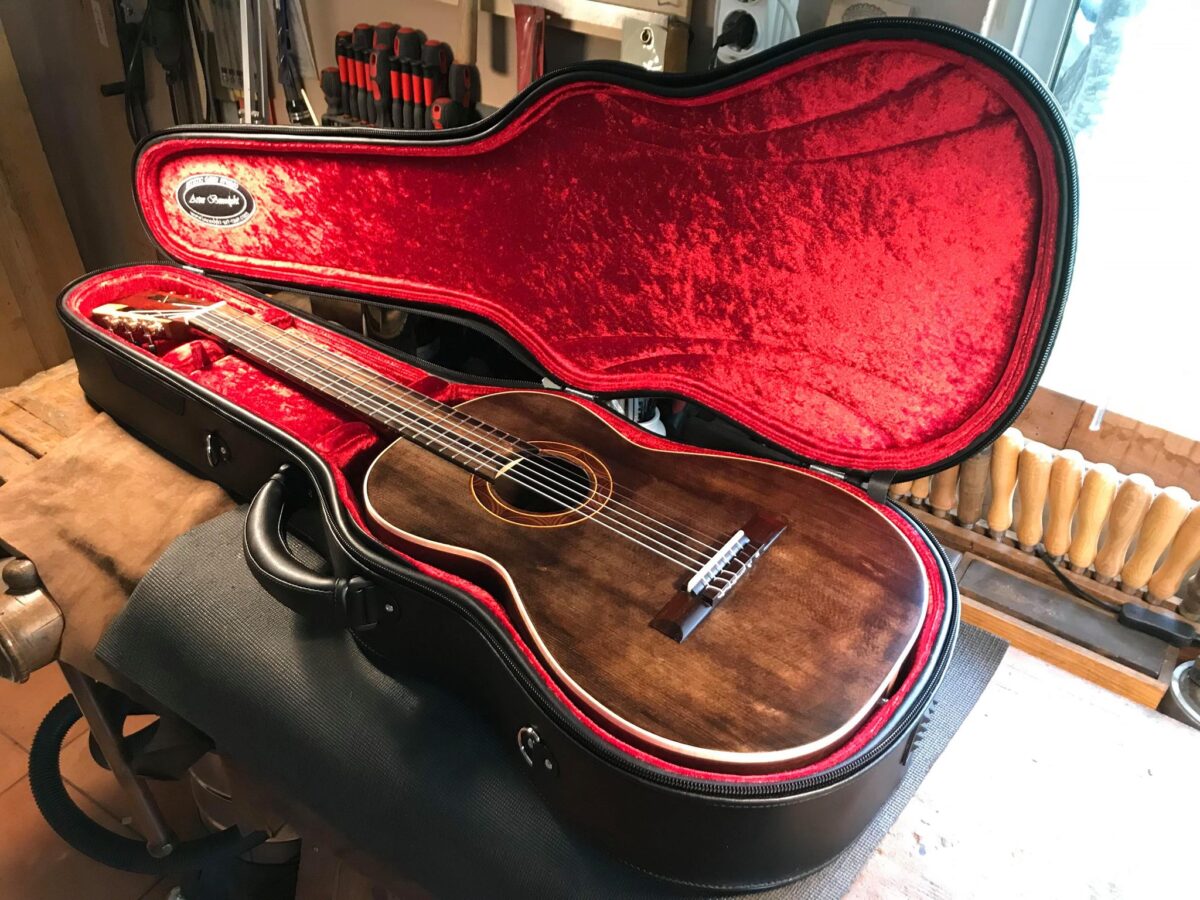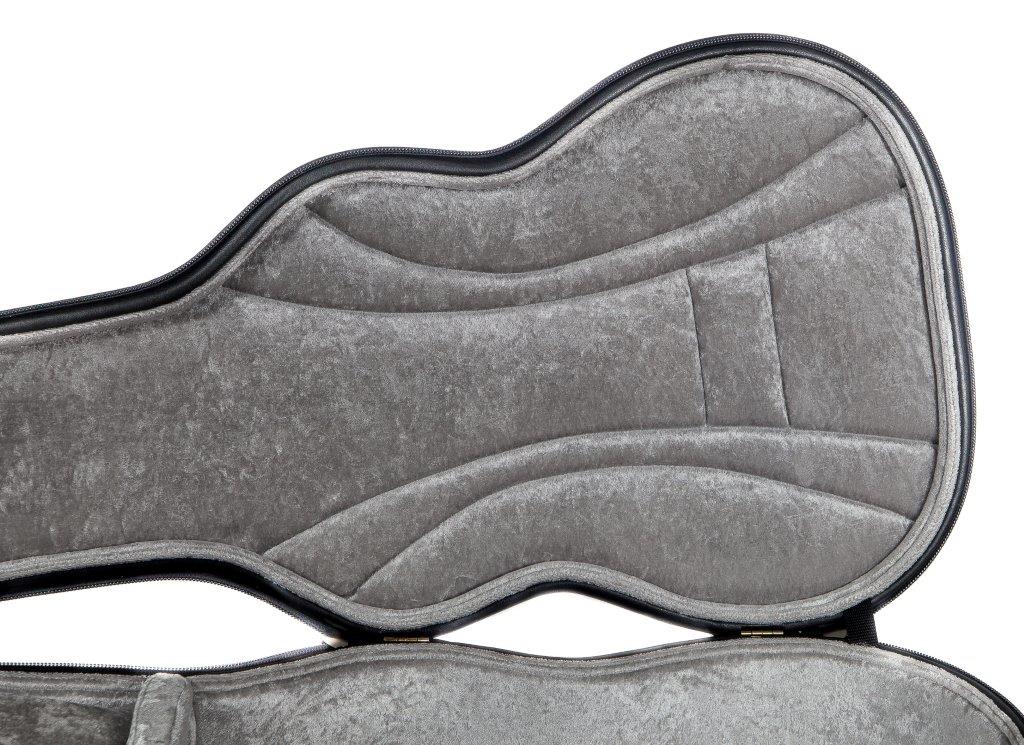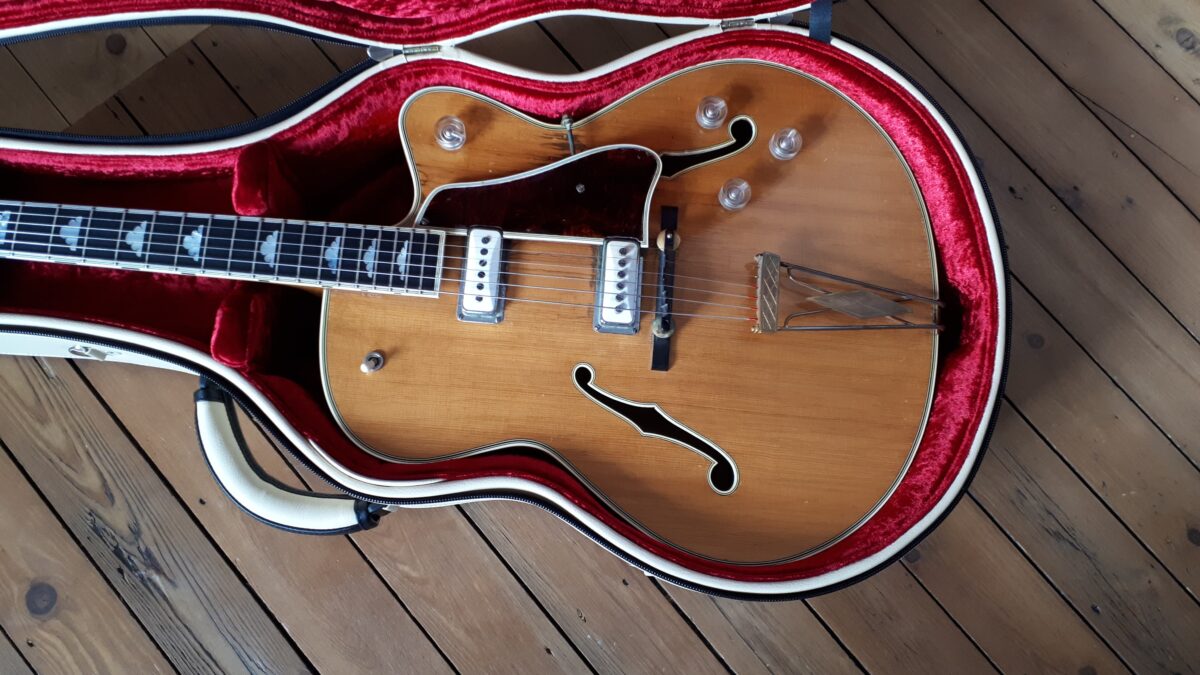Protecting your classical guitar requires more than just a basic case. A unique classical guitar case offers both functional benefits and aesthetic value. Investing in a thoughtfully designed case ensures your guitar remains safe, accessible, and well-maintained.
Durable Protection That Lasts
Durability is one of the most important factors when choosing a guitar case for a classical guitar. A well-made case protects against common issues like drops, bumps, or exposure to changing temperatures. Cases crafted with reinforced materials, such as hard-shell exteriors or high-grade synthetic fabrics, can significantly extend the life of your guitar.
Unique cases stand out because they often incorporate features designed for long-term use. Sturdy handles, durable latches, and water-resistant exteriors ensure your case performs well under various conditions. Whether traveling to performances or storing your guitar at home, investing in a quality case offers peace of mind.
Benefits of durable cases:
- Reduced risk of damage during transportation.
- Long-lasting protection, eliminating the need for frequent replacements.
- Enhanced ability to handle weather changes or humid environments.
When considering classical guitar cases, focus on durability to make your investment worthwhile.
A Case That Fits Perfectly
A snug, secure fit is essential when choosing a case for a classical guitar. Unlike generic cases, a custom-fit design ensures your guitar doesn’t shift or move during transport. This prevents scratches, dents, and other issues when your guitar isn’t properly secured.
Unique cases are tailored to fit specific guitar models, giving them a clear advantage. A good fit protects the guitar’s body and keeps the neck and headstock stable. Cases with adjustable padding or molded interiors are excellent options for ensuring your instrument stays in place.
Why does fit matter?
- Prevents unnecessary pressure on the guitar’s structure.
- Reduces the risk of internal damage caused by movement.
- Offers better overall support for long-term storage.
When looking for classical guitar cases for sale, prioritize one that fits your guitar perfectly.
Style Meets Functionality
Your classical guitar case doesn’t have to look boring. Modern cases combine functionality with style, allowing you to transport your guitar confidently while reflecting your taste. Whether you prefer sleek designs or something more colorful, there’s a case for every personality.
Unique designs offer benefits beyond looks. A well-crafted case with a distinctive design often uses materials that stand out for their durability and comfort. For example, padded handles, textured finishes, or anti-slip straps make the case easier to carry while looking great.
Additional features to consider:
- Custom colors or patterns that match your style.
- Sleek finishes that are easy to clean and maintain.
- Branding or logos for added personalization.
Investing in a case that looks good and performs well can help you feel more confident about taking your guitar anywhere.
Extra Storage for Accessories
A good classical guitar case isn’t just about protecting your instrument—it also provides space for storing accessories. From spare strings to tuners and sheet music, these essentials make practice or performances more convenient.
Unique cases often feature multiple compartments, zippers, or hidden storage options. These designs allow you to organize your accessories neatly while keeping everything easily accessible. You won’t have to scramble to find your tuner or picks before a session.
Benefits of built-in storage:
- Keeps accessories organized and ready to use.
- Protects smaller items from damage or loss.
- Reduces the need to carry extra bags or containers.
If you’re browsing classical guitar cases for sale, consider models with practical storage features for added convenience.
Lightweight and Easy to Carry
Many musicians worry about the weight of their classical guitar case, especially if they travel often. Unique designs use lightweight materials like carbon fiber or durable composites to balance strength with portability.
Carrying a lightweight case makes moving between gigs, lessons, or practice sessions easier without fatigue. Additionally, ergonomic features like padded straps or comfortable handles make the case more user-friendly. These small details can make a big difference, especially for frequent travelers.
Advantages of lightweight cases:
- Easier to transport over long distances.
- Reduced strain on your arms and shoulders.
- Suitable for musicians of all ages and skill levels.
When selecting a guitar case for a classical guitar, look for designs that prioritize portability without compromising protection.
Long-Term Value
Investing in a high-quality classical guitar case saves you money and hassle. Cheap cases may seem like a quick fix, but they often wear out quickly, leaving your guitar at risk. On the other hand, a durable, well-made case can last for years, ensuring your instrument stays safe.
Premium cases are built to withstand the demands of frequent use. They often include warranties or guarantees, giving you confidence in your purchase. By choosing a case with a unique design, you’re not just protecting your guitar—you’re also making a sound financial decision.
Key reasons to invest in a premium case:
- Avoid frequent replacements by choosing durable materials.
- Maintain the resale value of your guitar with proper protection.
- Enjoy features that simplify storage and transportation.
Explore options for classical guitar cases that offer long-term value for your instrument and peace of mind.

